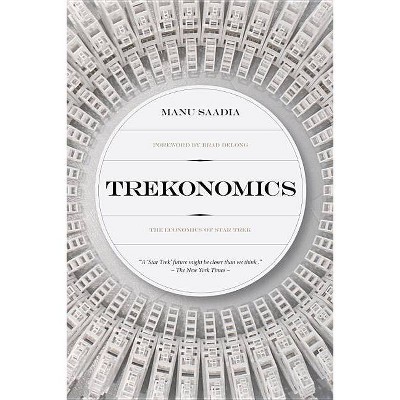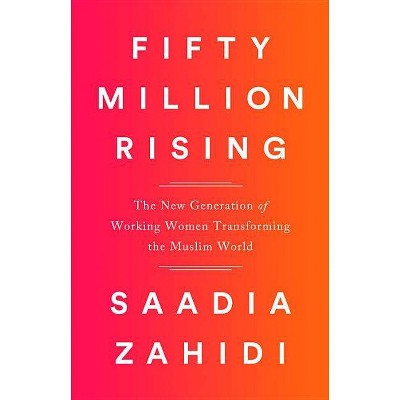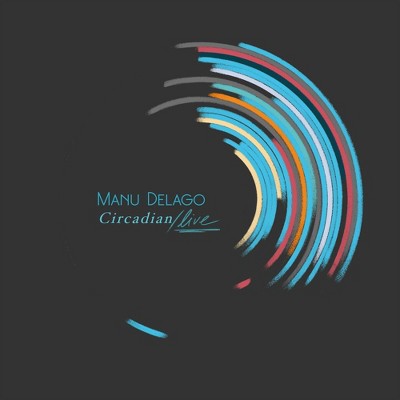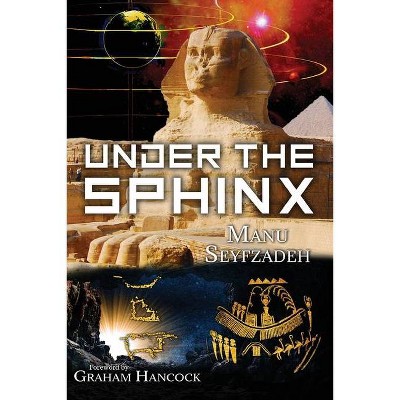Trekonomics - by Manu Saadia (Hardcover)

Similar Products
Products of same category from the store
AllProduct info
<p/><br></br><p><b> About the Book </b></p></br></br><i>Trekonomics</i> explores the economics of the Star Trek universe as if it were real, and discusses how our own world can work towards that model.<p/><br></br><p><b> Book Synopsis </b></p></br></br>"Saadia proves that <i>Star Trek</i> is an even more valuable cultural icon than we ever suspected."<b>-- Charlie Jane Anders, former editor-in-chief, <i>io9</i></b> <p/> What would the world look like if everybody had everything they wanted or needed? <i>Trekonomics</i>, the first book from financial journalist Felix Salmon's imprint Pipertext, approaches scarcity economics by coming at it backwards -- through thinking about a universe where scarcity does not exist. Delving deep into the details and intricacies of 24th century society, <i>Trekonomics</i> explores post-scarcity and whether we, as humans, are equipped for it. What are the prospects of automation and artificial intelligence? Is there really no money in Star Trek? Is Trekonomics at all possible?<p/><br></br><p><b> Review Quotes </b></p></br></br><br>"Like <i>Star Trek</i> itself, the book is about more than spaceships and aliens; it illuminates the present by showing a future to strive for." <b>-- Publishers Weekly</b> <p/> "Saadia proves that <i>Star Trek</i> is an even more valuable cultural icon than we ever suspected."<b>-- Charlie Jane Anders, former editor-in-chief, <i>io9</i></b> <p/> "<i>Trekonomics</i> is a fanciful romp through the economic theories that underpin Final Frontier life in the mid-22nd through late-24th centuries--as seen through the eyes of an erudite, if occasionally fawning, fan. But the book is also a serious and informative economic discourse, complete with a forward by Berkeley professor Brad DeLong. <b>--Ben Geier & Robert Hackett, <i>Fortune</i></b> <p/> "In <i>Trekonomics</i>, Saadia reminds us of what made <i>Star Trek</i> such a bold experiment in the first place: its Utopian theme of human culture recovering from capitalism. Smart, funny, and wise, this book is a great work of analysis for fans of <i>Star Trek</i>, and a call to arms for fans of economic justice." <b>-- Annalee Newitz, tech culture editor, <i>Ars Technica</i></b> <p/> "<i>Trekonomics</i> will change the way you see three different universes: the one that Gene Rodenberry created, the one we're in, and the one we're headed towards." <b>-- Felix Salmon, senior editor, <i>Fusion</i></b> <p/> "Manu Saadia has managed to show us one more reason, perhaps the most compelling one of all, why we all need the world of <i>Star Trek</i> to one day become the world we live in." <b>-- Chris Black, Writer and Co-Executive Producer, <i>Star Trek: Enterprise</i></b> <p/> "Like many classics of eighteenth-century literature, <i>Star Trek</i> used fantasy travel to explore problems close to home. Unlike <i>Gulliver's Travels</i> or <i>Candide</i>, however, it also suggested answers. <i>Trekonomics</i> takes seriously the promise of those solutions. Make it so!" <b>-- Rebecca Spang, Indiana University, author of <i>The Invention of the Restaurant</i> and <i>Stuff and Money in the Time of the French Revolution</i></b> <p/> "A post-scarcity economy is actually far more within reach than the technological advances for which <i>Star Trek</i> is better known." <b>--<i>The New York Times</i></b> <p/> "Almost fifty years after Captain Kirk first took the U.S.S. Enterprise on a voyage to explore strange new worlds, the <i>Star Trek</i> universe is more expansive than ever. It's been the subject of serious study by political scientists, sociologists, even religion researchers -- a sign of how deeply influential the show and its ideas have become. <i>Star Trek</i> posits a world in which hunger, war and poverty have been eliminated -- a utopia that isn't just free from want, but also free from capitalism and even currency." <b>--<i>The Washington Post</i></b> <p/><br>
Price History
Cheapest price in the interval: 18.89 on October 22, 2021
Most expensive price in the interval: 18.89 on November 8, 2021
Price Archive shows prices from various stores, lets you see history and find the cheapest. There is no actual sale on the website. For all support, inquiry and suggestion messages communication@pricearchive.us




















